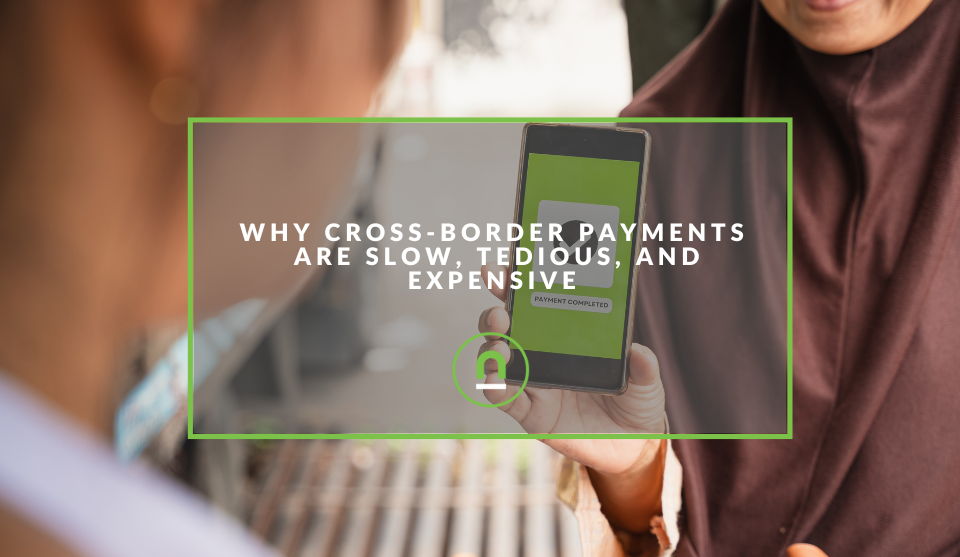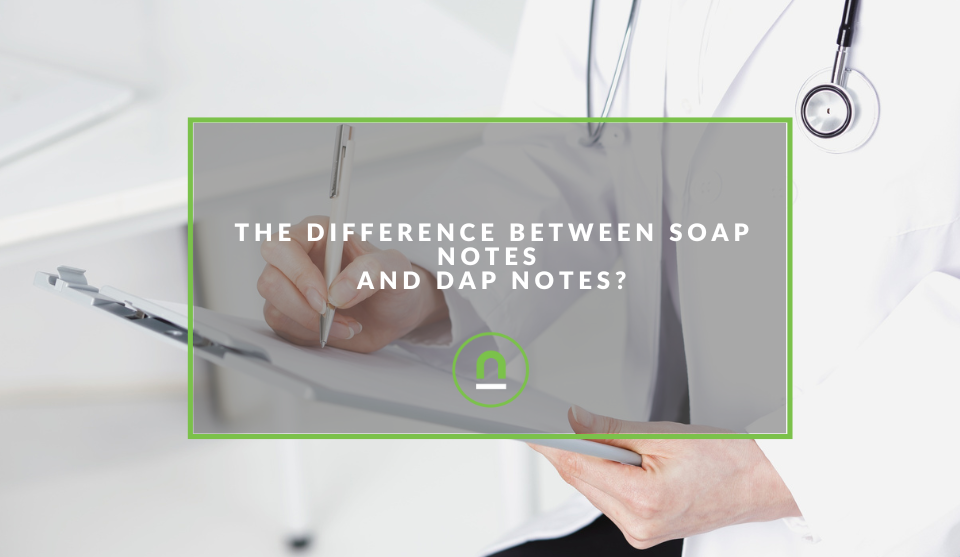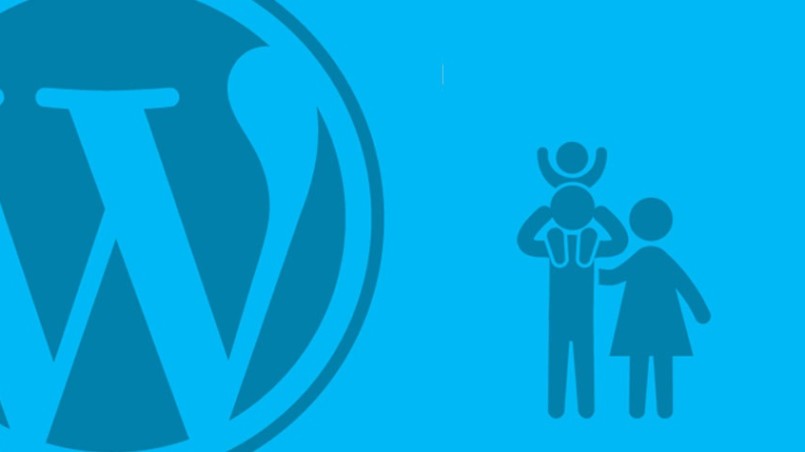Recent posts

Money Talks
Why Cross-Border Payments Are Slow, Tedious, and Expensive
17 December 2025

Money Talks
The Rise Of Trading Platforms In South Africa
16 December 2025

nichemarket Advice
The South African VAT Threshold Chokehold
05 December 2025

Doctors Orders
The Difference Between SOAP Notes and DAP Notes
02 December 2025
Popular posts
Extravaganza
Trending Music Hashtags To Get Your Posts Noticed
24 August 2018
Geek Chic
How To Fix iPhone/iPad Only Charging In Certain Positions
05 July 2020
Extravaganza
Trending Wedding Hashtags To Get Your Posts Noticed
18 September 2018
Money Talks
How To Find Coupons & Vouchers Online In South Africa
28 March 2019
Using Child Theme vs Parent Theme for WordPress Builds
11 April 2018 | 0 comments | Posted by Shamima Ahmed in nichemarket Advice
WordPress themes make it rather easy to start building your website. With minimal knowledge of Html, PHP and CSS you could put together a basic site in a couple of hours by making use of a theme.
What are WordPress Themes
Essentially a WordPress theme is
- Overall Design and layout
- Colours
- Font style and sizes
- Page layouts
- Features for specialised sites
- Plugins for various purposes such as E-commerce, portfolio work, catalogues, appointment scheduling, etc.
Why use WordPress themes
Using a theme cuts down development time and saves you a lot of money. If you have a straightforward website and you not reinventing the wheel, and out of the box theme would be the right fit your websites.
There are literally thousands of themes available for purchases for all types of niches; you just have to find the right fit for your site and brand. Themes cost anything from $2 up so it won't break the bank by launching your site.
There are also a number of free themes available, so if you are looking to test the waters before you buy, you can make use of one of those. Making use of a theme also means you can probably build the site yourself or get it a frontend developer to put it together for you. Ultimately costing you a fraction of a custom build.
Build methods: parent theme vs child theme
There are two ways of making use of a theme for a site build. You could use the out of the box theme and build directly from there, this is known as the parent theme. Alternatively, you can duplicate the theme files and customise it on the duplicated version, known as the child theme.
A child theme is a theme that inherits the functionality and styling of another theme, called the parent theme.” – WordPress Codex
If you are new to WordPress and it's your first build, it's generally recommended that you make use of a child theme for your build. In this way, you won't permanently alter the core theme files, and any mistakes you make can be easily rectified by reverting back to the core or parent theme.
What are the pros and cons of using a child theme
Like any methodology, using a child theme also has its pros and cons. It may or may not be the best fit for your website build, so we have compiled a list of the advantages and disadvantages of the child theme method.
Advantages of a child theme
For many, the Pros of using a child theme far outweigh the cons. We take a closer look at the pros below.
Original Theme file remains Intact
No change is irreversible, and you can always revert back to the original theme file if the child theme is compromised. This also ensures that you cannot lose or delete anything from the core files.
Theme updates won't affect customisation
New versions of a theme are often released with improved features or bug fixes. If you purchased the theme file, you'd have access to these updates. Running updates often reverts the theme to default layouts. Making use of child theme methodology, ensure the main theme file will be updated and all customisations you made on the child theme will not be affected.
No Knowlege of FTP client needed
You do not need to understand how to use FTP clients work or understand how the directory system of your website works. However, knowledge of this will help in speeding up the transfer of your files to your WordPress site.
Disadvantages of a child themes
If we were to knit pick we could find many disadvantages, these are the most important ones we have highlighted below.
Slow site speed
Making use of a child theme often requires the site to work a bit harder. The child theme files will have to reference another file from the core theme in order to work. If you have made a large number of customisations to the child theme, it may cause a lag in the site speed. However, this depends on the size of the changes, if they are minor, it should not affect much.
Impeding Growth
In term of your own learning curve, you will be at a disadvantage when using a child theme. However, if you are not a developer and you are looking for a quick fix, this should not be an issue.
Conclusion
The methodology you use purely depends on how comfortable you are in Wordpress and how much coding and technical knowledge you have. If you newbie you may want to play it safe and use a child theme for your build. But if you confident in your skill and don't see yourself making updates anytime soon, then the parent theme build method might suit you better.
Contact us
If you have any questions relating to child and parent themes or have anything, you would like to add to the post, comment below or contact us here.
You might also like
Why Cross-Border Payments Are Slow, Tedious, and Expensive
17 December 2025
Posted by Che Kohler in Money Talks
While we have modernised many industries, surprisingly, digital payments are struggling to keep up, and the old way of transferring funds online has ...
Read moreLost Mary Vape Flavors List By Durity Distribution
01 December 2025
Posted by Christine Lowe in Shopaholics
A Cyber Monday shopping guide to all the best Lost Mary Vape flavours available, brought to you by Durity Distribution in Idaho. Find the best vape f...
Read more{{comment.sUserName}}
{{comment.iDayLastEdit}} day ago
{{comment.iDayLastEdit}} days ago
 {{blogcategory.sCategoryName}}
{{blogcategory.sCategoryName}}

